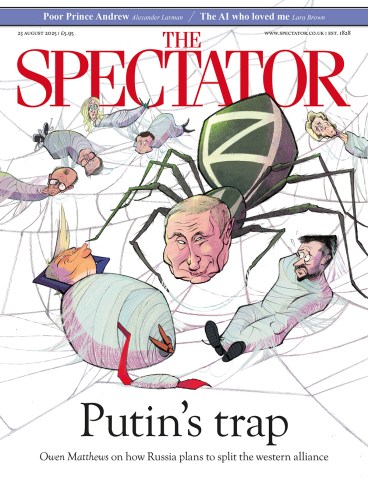
Few British traditions can claim as long a history as racing. The first races thought to have taken place in these islands were organised by Roman soldiers encamped in Yorkshire, pitting English horses against Arabian. By the 900s, King Athelstan was placing an export ban on English horses due to their superiority over their continental equivalents. The first recorded race meeting took place under Henry II in Smithfield as part of the annual Bartholomew Fair.
Nearly 1,000 years later, racing remains the nation’s second most popular spectator sport. Five million people attend more than 1,400 meets throughout the year. The industry is estimated to be worth more than £4 billion, contributing around £300 million to the Exchequer, and supports some 80,000 jobs.
No activity better unites Benjamin Disraeli’s ‘two nations’. Royal Ascot, the Derby and the Grand National are cornerstones of the sporting calendar. Britain still produces many of the world’s finest horses, jockeys and races. More than 600 million people across 140 countries tune in to the National each year; in this country alone, around 13 million people, a quarter of adults, bet on it. Britain’s racing success is something to be proud of, which naturally means that Rachel Reeves has decided to go after it.
The Treasury is proposing to increase the 15 per cent tax on bookmaker profits to 21 per cent – the same levy faced by online slot games and casinos. The British Horseracing Authority predicts the rate hike would cause a £330 million loss of revenue in its first five years, and put more than 2,500 jobs at risk in the first year alone. In response to the proposal, the BHA has called a strike for 10 September – the first in the industry’s history. Rather than racing, jockeys, owners and trainers will decamp to Westminster to lobby MPs. The industrial action is expected to cost around £700,000.
Many senior figures in the world of racing fear that increased costs for operators would mean less money available for promoting the sport. Worse odds would be offered to customers, making bookmakers less competitive compared with black market sites, which are now more easily accessible than ever thanks to the large increase in Virtual Private Network downloads by people trying to circumvent the Online Safety Act.
Britain’s racing success is something to be proud of – which means Rachel Reeves has decided to go after it
Reduced turnover means reduced profits for bookmakers, 10 per cent of which are paid to a levy designed to support the sport through prize money, veterinary research and equine welfare. Even before the Treasury’s planned hike, the recent introduction of more stringent affordability checks on online gambling means that turnover is down and fewer thoroughbreds are being bred. British racing is falling behind as owners, riders and horses decamp abroad to wealthier competitions. This leaves the long-term sustainability of British racing under threat.
The Chancellor’s latest attempt to find a few pennies down the back of the Treasury sofa would repeat the error of last year’s inheritance tax raid on farmers and the imposition of VAT on private schools. It is a mean-spirited and self-defeating assault on a part of the country’s history and way of life that the Labour party does not seek to understand.
If racing unites the upper and lower classes, it is uniquely vulnerable to stigmatisation by the middle-class prudes found so dis-proportionately among our governing lanyard class. Of course, many Labour MPs are enthusiastic supporters of racing – 23 represent racecourse constituencies. But any attempt to squeeze the industry until the pips squeak is representative of a Treasury mentality that knows the cost of everything but the value of nothing.
Taxing bookmaking at the same rate as online gambling draws a false equivalence between the two that ignores their fundamental differences. A punter at a race might enjoy six or seven bets in a day at most; an enthusiastic online gambler could place that number in a minute. Betting on racing requires research and skill (incidentally, The Spectator’s own racing tipster, Penworthy, has had an excellent year). In contrast, online casinos are the gambling equivalent of Pac-Man, colourful distractions designed to be played on a loop. That is why online gambling and gaming make up the overwhelming majority of gambling addiction cases.
In its zeal for protecting the vulnerable, the Gambling Commission, supported by the Treasury, could strangle the life out of the industry it regulates. In her quest to make her sums add up, Reeves may embark on another experiment which costs more than it raises.
Reeves and the Treasury should recognise that next month’s strike is an extraordinary protest from an industry facing an existential threat. Rather than breaking with the tradition of treating bookmaking differently to online gambling, the government should extend the industry support, through direct grants or a reformed betting levy.
Yet with each day bringing rumours of the Treasury eyeing potential targets, the odds of the Chancellor putting the turf’s future before her spreadsheets seem slim. Who would be willing to bet on it?








Comments